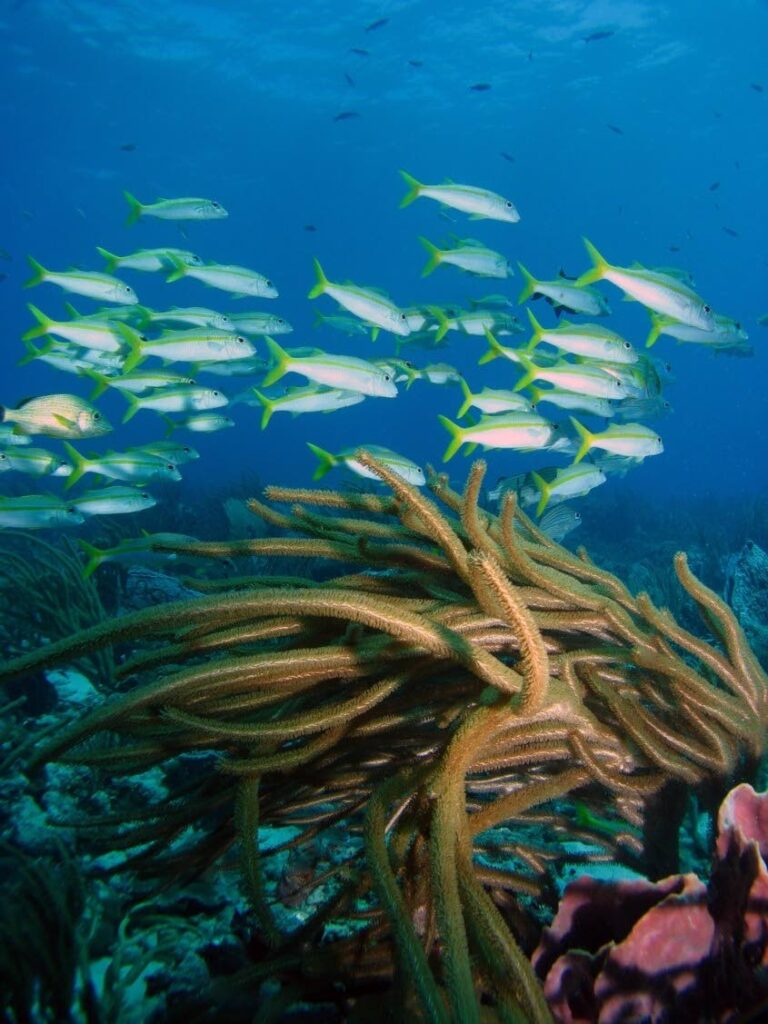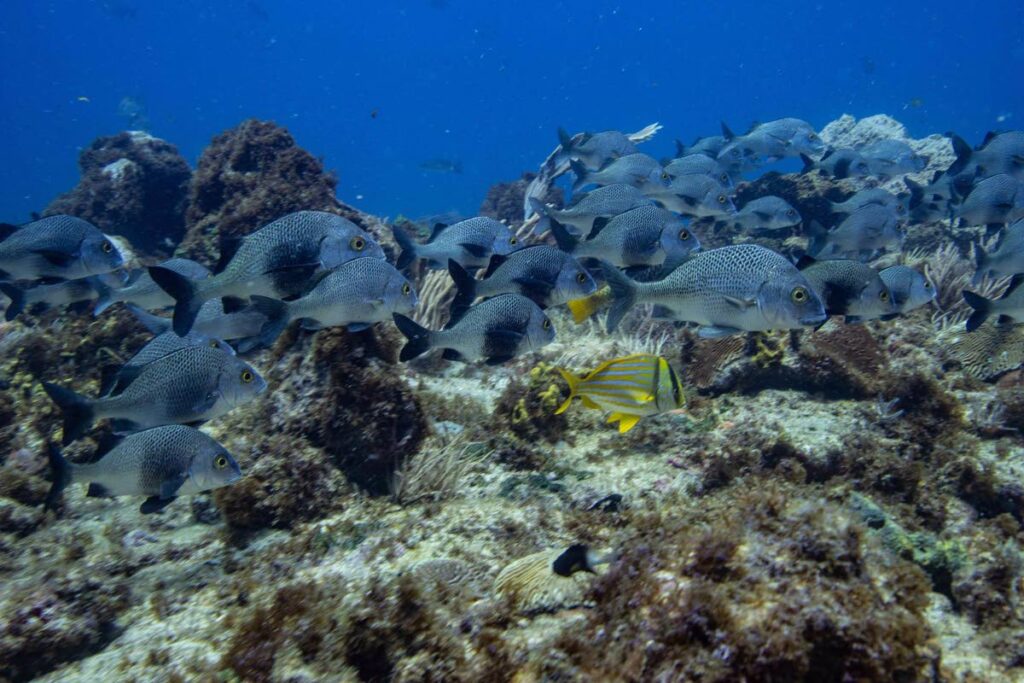The new Biodiversity Beyond National Jurisdiction Treaty

Prof Judith Gobin
We must not forget that 71 per cent of our planet is covered by ocean and 64 per cent of that total – is considered as Areas Beyond National Jurisdiction (ABNJ); that is, lying outside of the exclusive economic zones (EEZs) of countries. ABNJ belongs truly to “no one,” but yet to “everyone”!
Four critical areas being addressed by the treaty are:
(i) Marine Genetic Resources (MGRs),
(ii) Area-Based Management Tools (ABMTs) including marine protected areas (MPAs),
(iii) Environmental Impact Assessments (EIAs) and
(iv) Capacity Building and Transfer of Marine Technology (CBTT).
These issues are of critical importance to us as small island developing states (SIDS) territories and we must appreciate their relevance to us.
TT (as other SIDS) is especially dependent on ocean ecosystems, with oil and gas exploration, the fisheries and tourism sectors being of prime importance.
ABNJ almost entirely comprise global deep ocean where there is significant biodiversity; much of which is still unknown. Critical ecosystem services of the deep sea include climate regulation, nutrient cycling and detoxification – all keeping our planet healthy. An estimation of two million marine species and 500 billion different types of micro-organisms inhabit the deep seas; much of which is still unknown. The deep sea environment of the Caribbean including TT is even less known.

However, in 2018 and 2019, the exploration vessel EV Nautilus with Prof Gobin and Dr Diva Amon (Trinidadian deep sea biologist) onboard, revealed for the very first time some of TT’s amazing deep ocean ecosystems and biodiversity (including over 190 species new to science).
“Our” deep sea has tremendous potential to be of benefit to TT, especially as a source of genetic materials that can be used for new drugs and antibiotics (MGRs). The deep oceans are the next frontier for discovery and we are already fishing deeper than ever – approximately 40 per cent of the global fish now being caught are located in waters deeper than 200 metres.
Developed countries are well-equipped to explore and exploit the deep sea environments while territories such as TT (and the Caribbean) often lack the resources and skills. At the same time, some of our activities eg oil and gas exploration, over-fishing and polluted seas and oceans negatively affect and cause destruction of these deep-sea environments.
We must
(i) consider impacts cumulatively and
(ii) take precautionary and ecosystem-based management measures – to conserve our marine biodiversity and prevent loss of these critical ecosystem services.
The BBNJ Treaty requires just such ecosystem-based action that conforms to internationally accepted principles.
At UWI and the Department of Life Sciences, deep sea biodiversity and marine genetic resources (MGRs) are key areas of research being carried out. Our research continues to inform and guide activities and arrangements that need to be integrated across the various sectors and levels of ocean governance (local, regional and global) in order to be effective.
Effective ocean governance is essential for sustaining our oceans for present and future generations of TT. The BBNJ Treaty yet provides such hope for us!
About the treaty
The Caribbean community (Caricom) negotiators and advisers (including Prof Judith Gobin) will again be meeting shortly in New York, before the resumed UN 5th Intergovernmental Conference (IGCA), to continue contributions and interventions on this new legally binding instrument. https://caricom.org/caricom-participates-in-the-fourth-inter-governmental-conference-igc4-on-biodiversity-beyond-national-jurisdiction/

The BBNJ Treaty is being developed under the UN Convention on the Law of the Sea (UNCLOS) on the conservation and sustainable use of marine biological diversity in ABNJ; also commonly known as the BBNJ (Biodiversity Beyond National Jurisdiction) agreement. https://www.un.org/bbnj/content/fourth-substantive-session
UWI on the ground
A university must be centred in the community, leading on the key issues of the day. Accordingly, UWI St Augustine offers this public service series where its leading scientists and researchers will address climate and disaster challenges – Series 1.
This week’s contribution comes from leading marine scholar Prof Judith Gobin, professor of marine biology and expert adviser to Caricom, who educates us on the rich biodiversity that comes from our beautiful seas.
Prof Rose-Marie Belle Antoine
Principal, UWI, St Augustine

Comments
"The new Biodiversity Beyond National Jurisdiction Treaty"